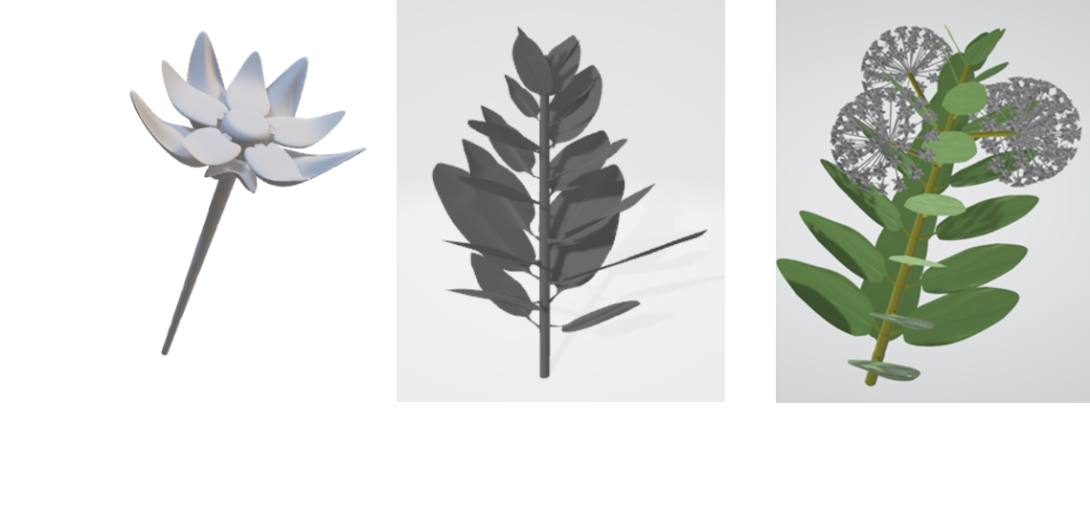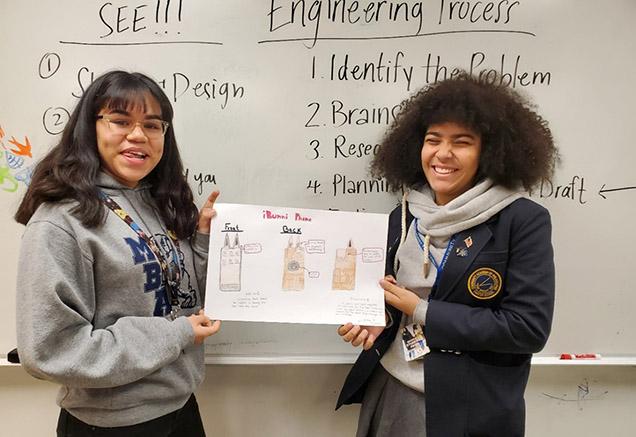Middle School Teacher and Student's Experiences with Artificial Intelligence via Computational Cameras
Artificial intelligence (AI) technology applied to images and video is transforming society with broad applications to many social and economic sectors. To develop a citizenry that will participate in this technological revolution, it is essential to develop learning experiences for K-12 learners on the foundations of AI literacy in order to adequately prepare the workforce of the future. Supporting the teaching of AI concepts in the K-12 curriculum requires integrating knowledge from multiple disciplines.



